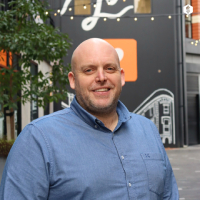About Me Resume Examples that Impress Hiring Managers

Your resume has about six seconds to make a first impression. That's barely enough time for a hiring manager to scan your name and job title before deciding whether to keep reading or move on to the next candidate.
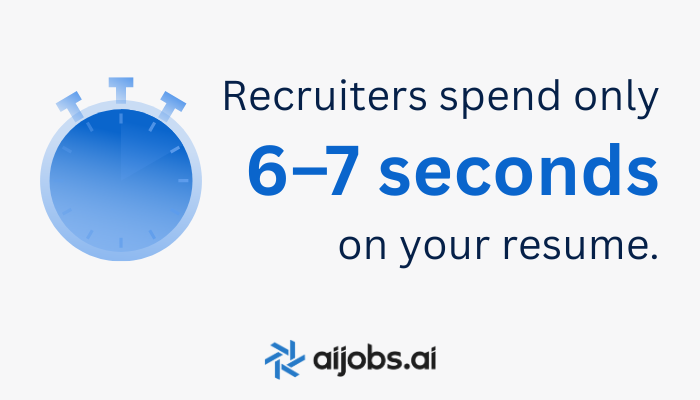
This is where a well-crafted "About Me" section becomes your secret weapon.
Think of it as your professional elevator pitch.
It's a brief but powerful introduction that immediately shows employers why you're the perfect fit for their role.
Unlike a dry list of job duties, an About Me section tells your story in a way that connects your experience to the employer's needs.
It's particularly valuable if you're changing careers, re-entering the workforce, or applying for positions that don't exactly match your previous job titles.
In this guide, we'll show you exactly how to write an About Me section that grabs attention, plus real examples you can adapt for your own resume.
You'll learn what to include, what to avoid, and how to tailor this section for maximum impact.
What is an About Me Section in a Resume?
An About Me section is a brief paragraph positioned at the top of your resume, right after your contact information.
It serves as your professional introduction, giving potential employers a quick snapshot of who you are, what you bring to the table, and why you're interested in their specific role.
The best About Me sections typically run 3-5 sentences and cover your professional identity, key skills, notable achievements, and career focus.
Unlike other resume sections that simply list information, the About Me section weaves these elements into a cohesive narrative that immediately demonstrates your value as an employee.
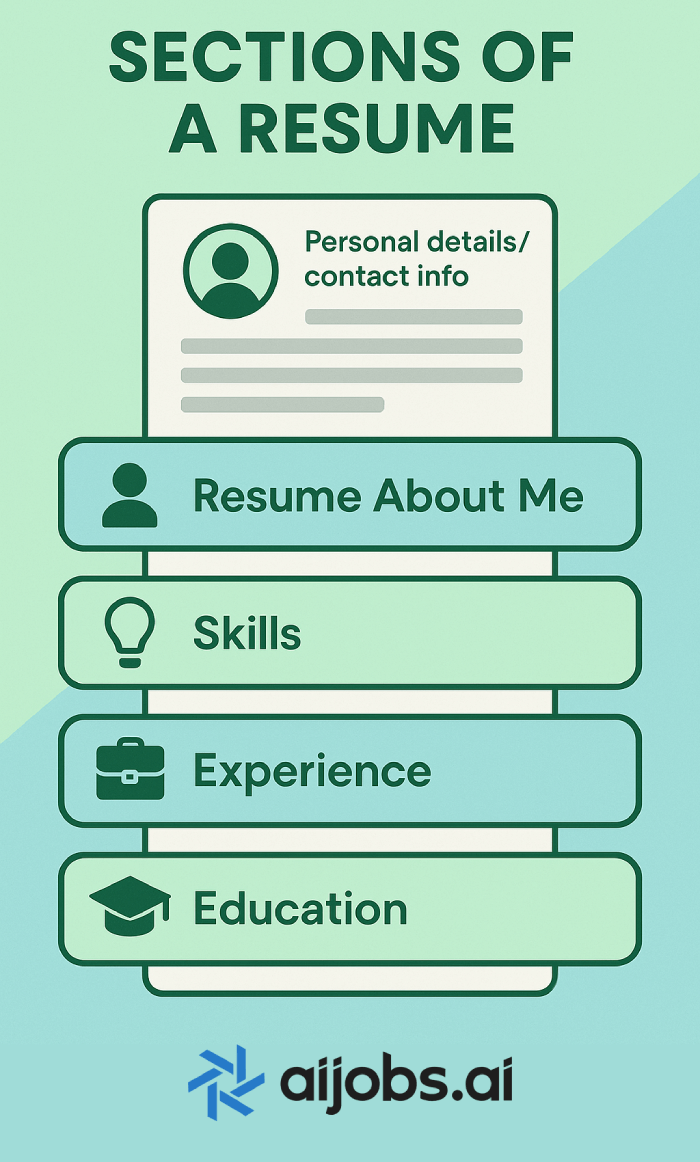
The primary purpose is to provide context for everything else on your resume.
It helps hiring managers understand how your background connects to their needs, especially when your career path isn't perfectly linear.
For example, if you're transitioning careers from retail management to human resources, this section explains how your people-management experience translates to HR work.
An effective About Me section also helps your resume get past Applicant Tracking Systems (ATS).
By incorporating keywords from the job description, you increase the chances that your resume will be flagged as relevant and passed along to human reviewers.
About Me Resume Examples
Let's look at specific examples that demonstrate how to craft compelling About Me sections for different career stages and situations.
Entry-Level Candidates
Recent Marketing Graduate:
“Recent marketing graduate with hands-on experience in social media strategy and content creation through internships and freelance projects. Skilled in SEO optimization, Google Analytics, and campaign development, with a proven track record of increasing social media engagement by 35% for local businesses. Passionate about data-driven marketing and eager to contribute fresh perspectives to a collaborative marketing team.”
College Student Seeking Internship:
“Motivated business administration student at Cambridge University with strong analytical and organizational skills developed through coursework in statistics and project management. Active member of the Entrepreneurship Club, where I helped organize networking events for 200+ attendees. Seeking an internship opportunity to apply my problem-solving abilities and learn from experienced professionals in a dynamic business environment.”
Mid-Career Professionals
Marketing Manager:
“Results-driven marketing manager with 7+ years of experience in digital marketing and brand strategy. Successfully launched 15+ campaigns that generated over $2M in revenue and increased brand awareness by 45%. Expert in SEO, content marketing, and marketing automation platforms. Committed to building data-driven strategies that deliver measurable business growth.”
Software Developer:
“Full-stack developer with 5 years of experience building scalable web applications using JavaScript, React, and Python. Led development of an e-commerce platform that increased client sales by 60% and reduced page load times by 40%. Passionate about writing clean, efficient code and collaborating with cross-functional teams to solve complex technical challenges.”
Career Changers
Teacher Transitioning to Corporate Training:
“Experienced educator with 8 years of classroom experience transitioning to corporate training and development. Proven ability to design engaging curriculum and improve learning outcomes—increased student test scores by 25% through innovative teaching methods. Skilled in presentation, curriculum development, and adult learning principles. Excited to apply educational expertise to help organizations develop their talent.”
Retail Manager Moving to HR:
“Customer-focused retail leader with 6 years of management experience transitioning to human resources. Successfully trained and developed 50+ team members while maintaining 95% employee retention rate. Skilled in conflict resolution, performance management, and team building. Currently pursuing SHRM certification and eager to leverage people-first leadership style in an HR role.”
Senior-Level Executives
Operations Director:
“Strategic operations executive with 12+ years of experience optimizing business processes and leading high-performance teams. Reduced operational costs by 30% while improving efficiency metrics across three departments. Expert in Lean Six Sigma methodologies, change management, and cross-functional leadership. Committed to driving operational excellence and sustainable business growth.”
Specialized Roles
Freelance Graphic Designer:
“Creative graphic designer with 4 years of freelance experience serving startups and established brands. Designed visual identities for 25+ clients, resulting in average 40% increase in brand recognition. Proficient in Adobe Creative Suite, brand strategy, and client relationship management. Passionate about transforming complex ideas into compelling visual stories that drive business results.”
What to Include in an About Me Section?
Creating an effective About Me section requires strategic selection of information that immediately demonstrates your value.
Here are the important elements to include:
Professional Title and Experience Level
Start with your current professional identity or the role you're targeting.
Include your years of experience to establish credibility.
For example: "Digital marketing specialist with 5+ years of experience" or “Recent computer science graduate.”
Relevant Skills
Highlight 2-3 key skills that directly align with the job you're applying for.
Try to pull these directly from the job description.
So if the job description lists Python programming skills as a required skill, ensure that you make it clear that you've got the relevant Python experience in your About Me section.
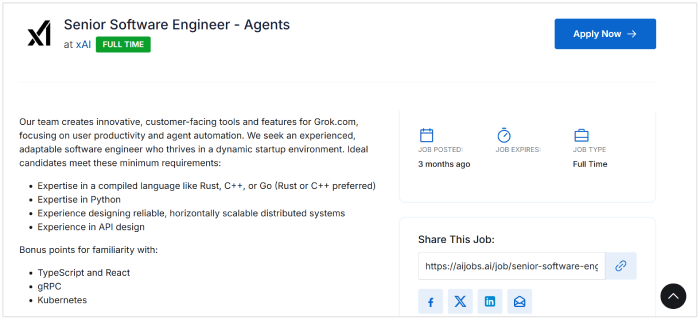
Hard skills might include:
- Programming languages (Python, JavaScript)
- Software proficiency (Adobe Creative Suite, Salesforce)
- Certifications (PMP, Google Analytics)
- Technical methodologies (Agile, Lean Six Sigma)
Related reading: How Many Skills Should You List on Your Resume?
Quantifiable Achievements
Include 1-2 specific accomplishments that demonstrate your impact. Use numbers, percentages, or dollar amounts whenever possible.
These metrics provide concrete proof of your abilities and help you stand out from other candidates.
Examples of quantifiable achievements:
- Increased sales revenue by 25% in first quarter
- Managed projects worth $500K+ with zero budget overruns
- Reduced customer response time from 24 hours to 2 hours
- Led team of 15 employees across three departments
Career Focus or Goals
End with a brief statement about your professional interests or career direction.
This helps employers understand your motivation and ensures alignment with their needs.
Keep this forward-looking but grounded in what you can offer.
Industry Keywords
Naturally incorporate relevant keywords from the job posting throughout your section.
This improves your chances of passing ATS screening while demonstrating that you understand the role requirements.
Best Practices for Writing an About Me Section
Writing a compelling About Me section requires balancing brevity with impact.
Follow these proven strategies to create a section that immediately captures attention:
Keep it Concise
Limit your About Me section to 3-5 sentences or 50-100 words. Every sentence should add unique value so remember to avoid redundancy or filler phrases.
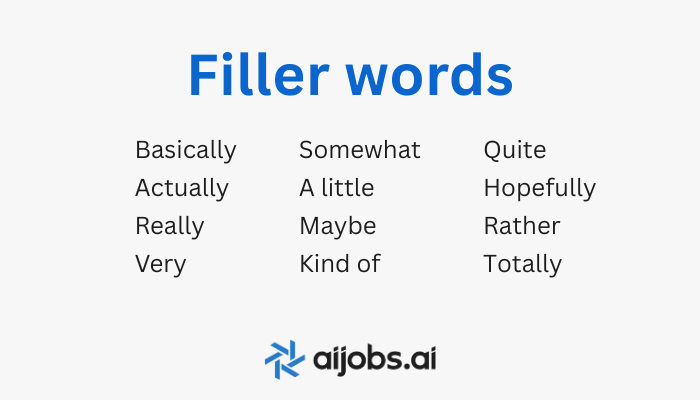
If you can't fit everything important, prioritize information that's most relevant to the specific job.
Write in First Person without Pronouns
Use first person perspective but omit pronouns like "I" or "my" to save space and maintain a professional tone.
Instead of "I am a marketing manager," write “Marketing manager with...”
Start Strong
Begin with your most impressive credential like your current job title, years of experience, or a noteworthy achievement.
This immediately establishes your professional identity and credibility.
Use Action Verbs
Begin sentences with powerful action verbs that emphasize your contributions: achieved, led, optimized, developed, increased, managed, created.
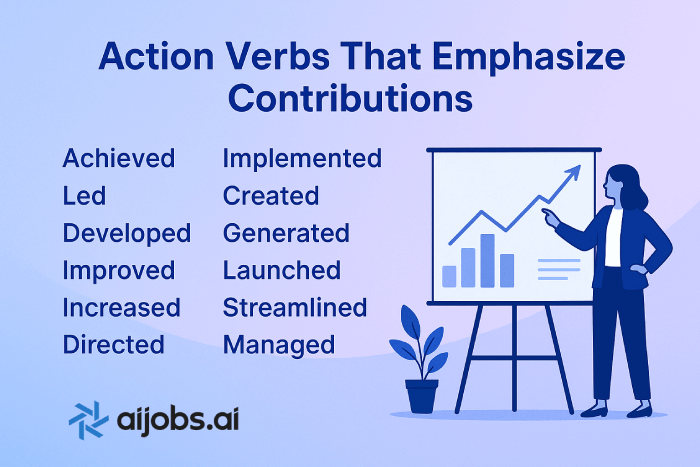
These verbs create a dynamic, results-oriented tone.
Customize for Each Application
Customize your About Me section for every job application.
Adjust the skills you highlight, the achievements you mention, and the keywords you use to match each job description.
This extra effort significantly improves your chances of getting noticed.
If you don’t take the time to customize your resume to that specific job, you aren’t going to get looked at.
- Raine Lunke, Talent Acquisition Leader at R2R Strategic Recruiting
Show, Don't Tell
Instead of claiming you're "detail-oriented" or "results-driven," demonstrate these qualities through specific examples and achievements.
Let your accomplishments speak to your character and work style.
Maintain Professional Tone
Strike a balance between professional and personable.
You want to show some personality while maintaining credibility.
Pro tip: Avoid using overly casual language or humor.
I’d recommend most people forego the humor and instead focus exclusively on what they’ve done and how it added value to their employers.
- Marc Denholm, Founder of Talent Hive
End with Purpose
Conclude your section by indicating what you're looking for or what you hope to contribute. This shows direction and helps employers envision how you'd fit into their organization.
Looking for a job in AI or ML? Our AI job board features open positions from some of the world's leading tech companies.
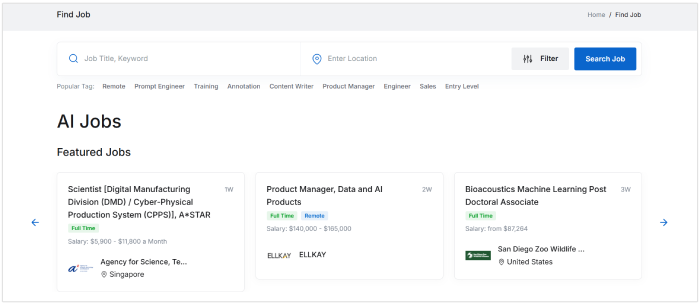
Is an About Me Section a Requirement?
An About Me section is not mandatory on every resume, but it's recommended in most situations.
Whether you should include one depends on your career stage, the job you're targeting, and how well your work history aligns with your goals.
When an About Me Section Adds Value
Career Changes: If you're transitioning between industries or roles, this section explains how your existing skills transfer to your new target.
It provides crucial context that might not be obvious from your work history alone.
Employment Gaps: When returning to work after time away, an About Me section can address the gap positively while emphasizing your readiness to contribute.
Complex Background: If your career path includes diverse experiences that might seem disconnected, this section weaves them into a coherent narrative that supports your current goals.
Competitive Fields: In industries where many candidates have similar qualifications, a well-written About Me section helps you stand out by highlighting your unique value proposition.
Remote or Freelance Work: If your experience includes remote work, consulting, or freelancing, this section can frame these experiences as valuable rather than non-traditional.
When You Might Skip It
Strong Linear Career Path: If your work history clearly demonstrates progression in a single field and directly aligns with your target role, an About Me section might be redundant.
Space Constraints: For senior-level professionals with extensive experience, you might need every line for work history and achievements.
In this case, a brief professional summary might be more appropriate.
Industry Norms: Some traditional fields or conservative industries might prefer resumes that focus purely on credentials and experience without personal narrative.
Difference between About Me and Professional Summary
While About Me sections and professional summaries serve similar purposes, they have distinct characteristics that make each appropriate for different situations.
Professional Summary
A professional summary is typically more formal and focuses strictly on professional qualifications.
It summarizes your experience, key skills, and major achievements in a straightforward, factual manner.
Professional summaries are usually formatted as a brief paragraph or bullet points.
Example professional summary:
“Senior project manager with 10+ years of experience leading cross-functional teams in technology implementations. Proven track record of delivering projects on time and under budget, with expertise in Agile methodologies and stakeholder management. Successfully managed $5M+ in project portfolios across healthcare and financial services industries.”
About Me Section
An About Me section can be slightly broader and more narrative in approach.
While it covers similar ground, it might include more personality, career motivation, or a brief story that ties your experiences together.
It often feels more conversational and personal while remaining professional.
Example About Me section:
“Passionate project manager who thrives on turning complex challenges into streamlined solutions. Over 10 years of experience guiding teams through major technology transformations, with a particular talent for translating technical concepts for non-technical stakeholders. Known for delivering results while maintaining team morale—successfully completed 95% of projects ahead of schedule while achieving 98% team satisfaction scores.”
Choosing Between Them
Use a Professional Summary when:
- Applying to conservative industries or traditional companies
- Your achievements speak for themselves without additional context
- You prefer a straightforward, no-nonsense approach
- The job posting suggests a formal communication style
Use an About Me Section when:
- You want to show more personality or cultural fit
- Your career path needs additional context or explanation
- You're applying to creative industries or startup environments
- You want to differentiate yourself in a competitive field
Conclusion
An effective About Me section transforms your resume from a simple list of jobs into a compelling professional story.
It provides the context hiring managers need to understand your value and envision you in their organization.
Remember that this section works best when it's tailored to each application, highlighting the specific skills and achievements that matter most for each role. Take time to research the company and role requirements, then craft your About Me section to demonstrate clear alignment.
Start by identifying your strongest professional qualities and most impressive achievements.
Then, weave them into a concise narrative that immediately shows employers why you're worth their time.
With practice, you'll develop an About Me section that consistently opens doors to new opportunities.
Your next step is to draft your own About Me section using the examples and guidelines provided here.
Focus on clarity, specificity, and relevance and don't forget to customize it for each application.
This small investment of time can make the difference between getting overlooked or landing your next interview.



